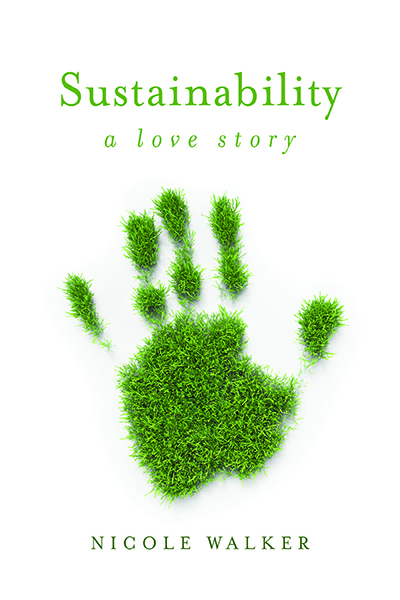Jenifer Senior, “Teen Fiction and the Perils of Cancel Culture,”
New York Times, March 10, 2019, p. SF5.
If the book-buying public had found “A Place for Wolves” as criminally distasteful and insensitive as Twitter did, it would have sunk the novel in slower, more deliberate ways. Librarians would have read it and taken a pass. Bookstore owners would have decided it wasn’t worth the space. Book critics would have savaged it— or worse, ignored it.
It should have failed or succeeded in the marketplace of ideas. But it was never giver the chance. The mob got to it first.
COMMENT
The librarian role in this editorial is somewhere between censor and anti-censor— a type of objective reader able to judge the book by literary standards and/or market potential, not a knee-jerk reaction to identity politics. The proposed antidote to rabid crowd-sourced Internet mobs is a professional class of critics to help sort out literary dross. As a librarian and book reviewer I appreciate the vote of confidence!
The editorial describes a Twitter mob attack on a YA novel by Kosoko Jackson by people who had never read the book but who objected to the way a particular ethnic group was portrayed. Ironically, Jackson had seen himself as a defender against cultural appropriation, even developing “rules” for writers that claimed fiction must, for some reason, reflect the identity of its author (isn’t that autobiographical non-fiction?):“Stories about the civil rights movement should be written by black people. Stories of suffrage should be written by women. Ergo, stories about boys during life-changing times, like the AIDS epidemic, should be written by gay men. Why is this so hard to get?”
It’s so hard to get because it is not just wrong but absurdly wrong. Who has authority to declare which contemporary identity groups own which parts of history? Not only does the idea of identity censorship undermine the artistic possibilities of fiction, striving to avoid stereotypes at any cost has the unfortunate side effect of erasing authentic diversity.[1] If authors were only allowed to write autobiographical fiction about people just like themselves, we’d just get nothing but segregated books.
Jackson seems to have fallen into the identity politics trap by assuming that cis-gendered white people are value-neutral regardless of ethnic, national or religious identity. Perhaps that false idea led him all unawares to write about the complicated and violent identity politics of the Balkans, seemingly without po0ndering the meaning of the word “Balkanization.”
[1]
See: Autism as Metaphor. Which is worse? To find people like you in books reduced to caricature or metaphor? or not to find people like you in books at all?

